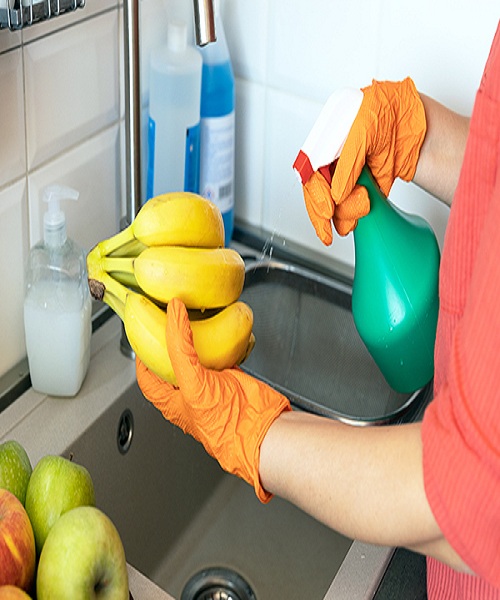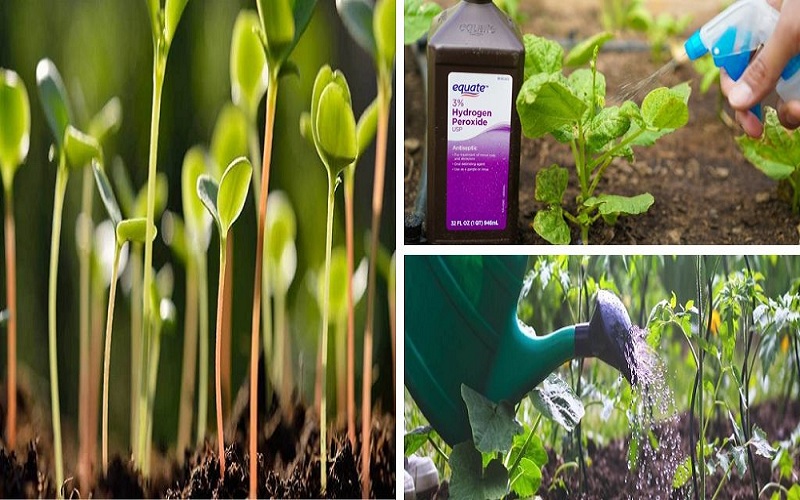The chemical formula for hydrogen peroxide is H2O2, and it is a colorless liquid. Hydrogen peroxide, according to its formula, is water plus an extra oxygen atom.
The extra oxygen atom breaks apart, and the water molecule comes out on its own. Hydrogen peroxide is very useful because it has an extra oxygen atom.
Because it kills germs and turns water into oxygen, hydrogen peroxide can be used to clean, bleach, sterilise, and disinfect. Aside from these applications, hydrogen peroxide can be extremely beneficial in the garden. Here are 10 Incredible Garden Uses for Hydrogen Peroxide.
Disinfects Greenhouses, Pots, and Tools
The antimicrobial properties of hydrogen peroxide make it a popular disinfectant in the medical field. Seed trays, pots, and other containers in the garden can also be disinfected using hydrogen peroxide. Clean and disinfect pruning shears in a solution of 6–9 percent. To disinfect the air and surfaces in greenhouses, use the solution in a sprayer.
Hydrogen peroxide is extremely powerful against a wide range of microorganisms, including bacteria, fungus, and viruses. Concentrations exceeding 10% are even effective against spores. However, you must exercise extreme caution while handling such powerful solutions because they can burn your skin and plant tissues.
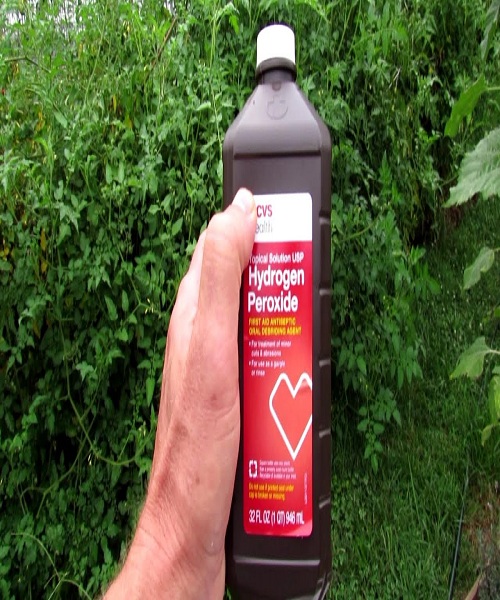
Prevents Root Rot
Overwatering causes a lack of oxygen in the roots, which results in suffocation and the death of the roots within 24 hours. To avoid this, use 3% hydrogen peroxide mixed with 1 quart of water to water the plant. The extra oxygen in hydrogen peroxide will provide the roots with the oxygen they require… After this, wait until the top 1 or 2 inches of soil are completely dry before watering again.
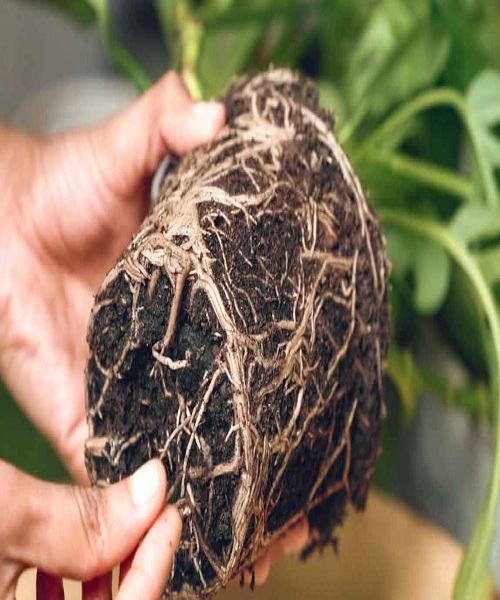
Helps Seed Germination
If you want your seeds to germinate faster, you can use hydrogen peroxide to soften the seed coat and eliminate any pathogens that may be on the seed coat. This helps the seed germinate more quickly by increasing the germination rate. Using 3 percent hydrogen peroxide, immerse the seeds for 30 minutes to an hour. After 30 minutes, take them out and wash them several times with water. Then, as usual, plant them.
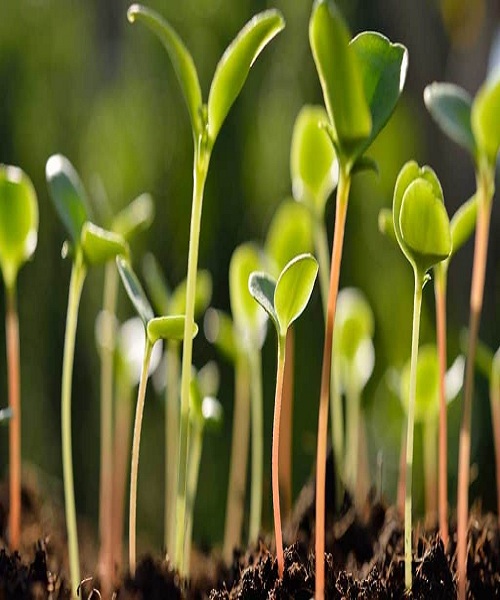
Eliminates Mildew and Mold Growth
Hydrogen peroxide has a powerful oxidising effect on mould and mildew because of its one extra oxygen molecule. In a litre of water, dissolve 10 tablespoons of hydrogen peroxide in 3 percent to 6 percent. Spray the plants with the mixture every day until the fungus is eliminated.
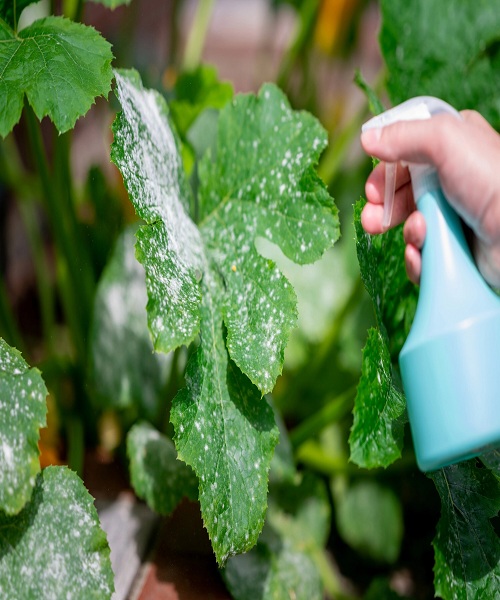
Fertilizer for plants
Hydrogen peroxide can be used to increase the growth of plants. Hydrogen peroxide aids soil nutrition absorption by plant roots thanks to the extra oxygen molecule. Water your plants with a solution of 3 percent hydrogen peroxide mixed with 1 gallon of water once or twice a week.
Note: A larger concentration of hydrogen peroxide can damage the plants, therefore be careful not to exceed 3%.
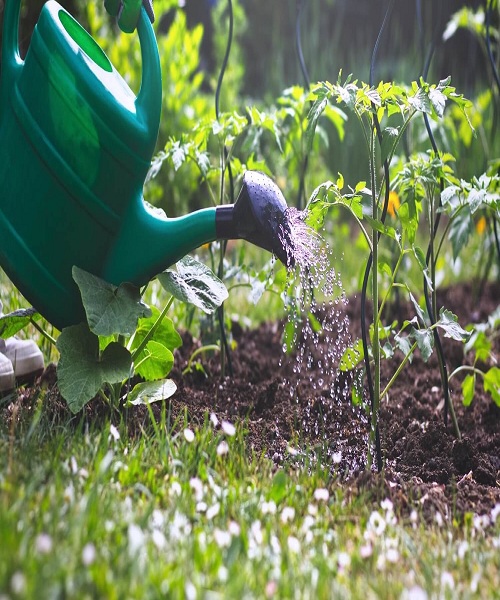
Protects Against Insects and Pests
Hydrogen peroxide can also be used as a pesticide. Spray the plants with a solution made up of water and 3% hydrogen peroxide. Not only will this solution kill the pests, but it will also kill their eggs. Using hydrogen peroxide on fruits and vegetables also kills the bacteria that grow on them.
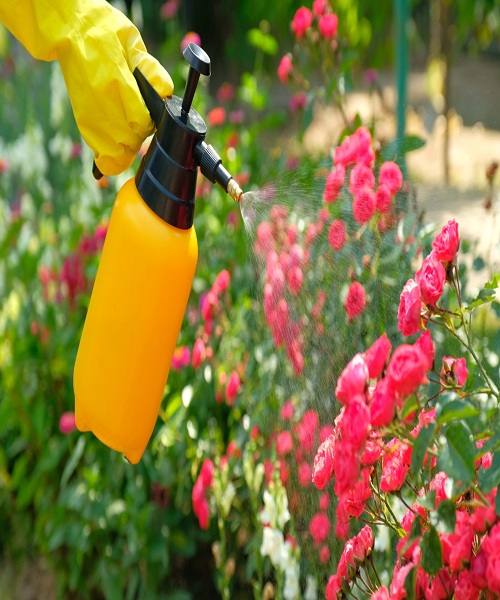
Sanitizes the Seeds
Before planting, sterilise the seeds to eradicate any diseases that could harm the young seedlings. The seeds should be soaked in 3% hydrogen peroxide and heated to 1400F for five minutes. After five minutes, rinse the chemical off with water that is running at room temperature.
If you wish to avoid food-borne infections caused by E. coli, Listeria, or Salmonella, cleaning the seeds before making sprouts is critical.
Prevents and Controls Rot Caused by Bacteria
Bacterial infections are most commonly brought on by wounds and bruises on plant tissue. Insects may also spread the disease. Because of these bacterial infections, fruit, flower buds, bulbs, and tubers turn into liquid mush. To keep the crops safe, use a solution of hydrogen peroxide sprayed on them. Spray or apply the solution on freshly cut tree branches. To preserve bulbs and tubers, you can immerse them in the chemical solution while they are still fresh.
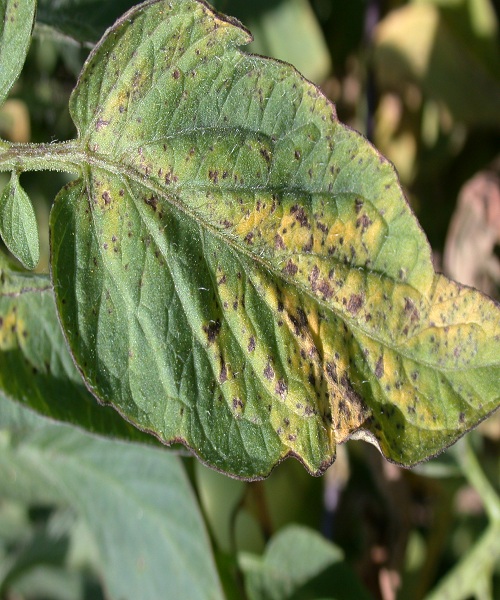
Eliminates Weeds
Hydrogen peroxide is an effective weed killer for concrete and walkways. Pour 10% hydrogen peroxide on the weed and leave it on to burn the leaves and the parts of the plant below. Hydrogen peroxide degrades quickly in sunlight, so applying the solution early in the morning or late at night will give you the longest-lasting results.
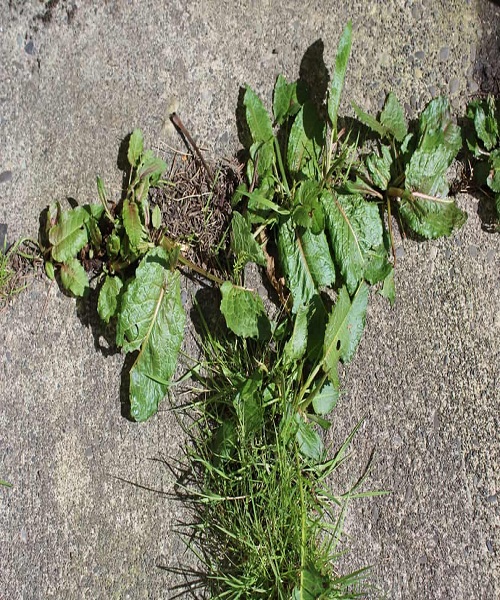
Food preserver
It is possible to preserve fruits and vegetables with hydrogen peroxide. Spray the fruits and vegetables with a solution of 1 tablespoon hydrogen peroxide to ½ cup water. Refrigeration is the best option. Preventing wilting and extending the shelf life of fruits and vegetables can be achieved with this mixture.
